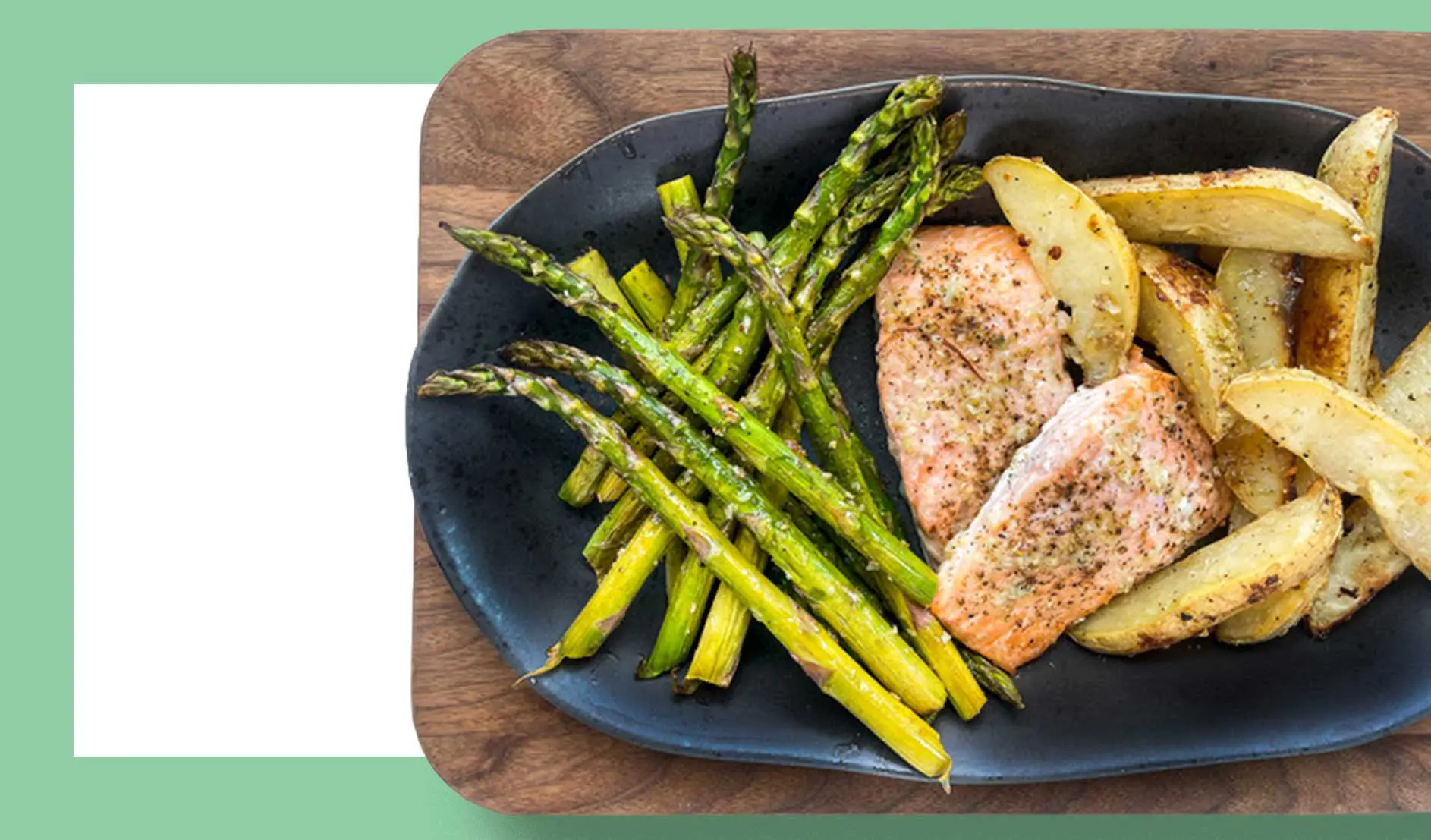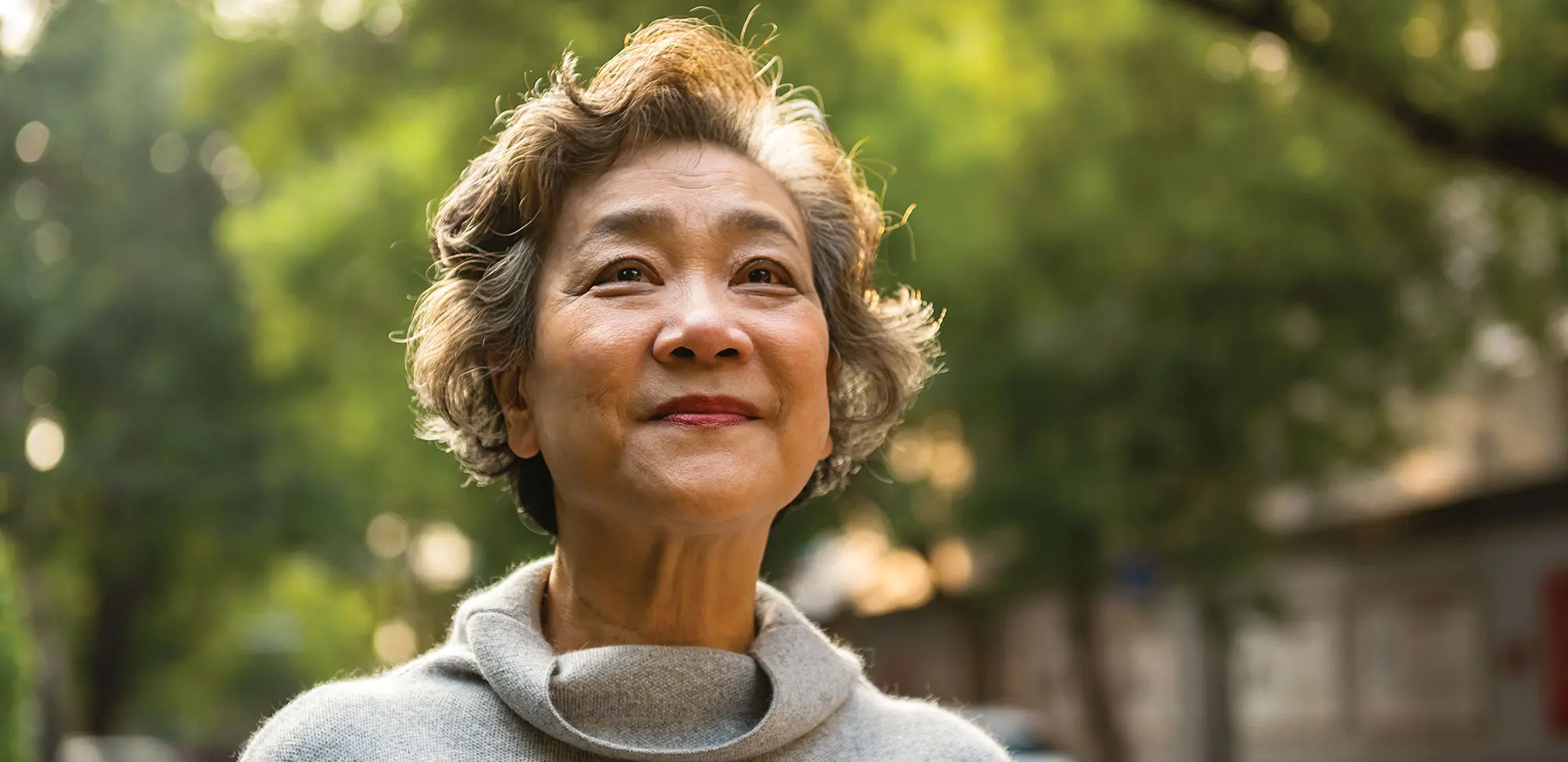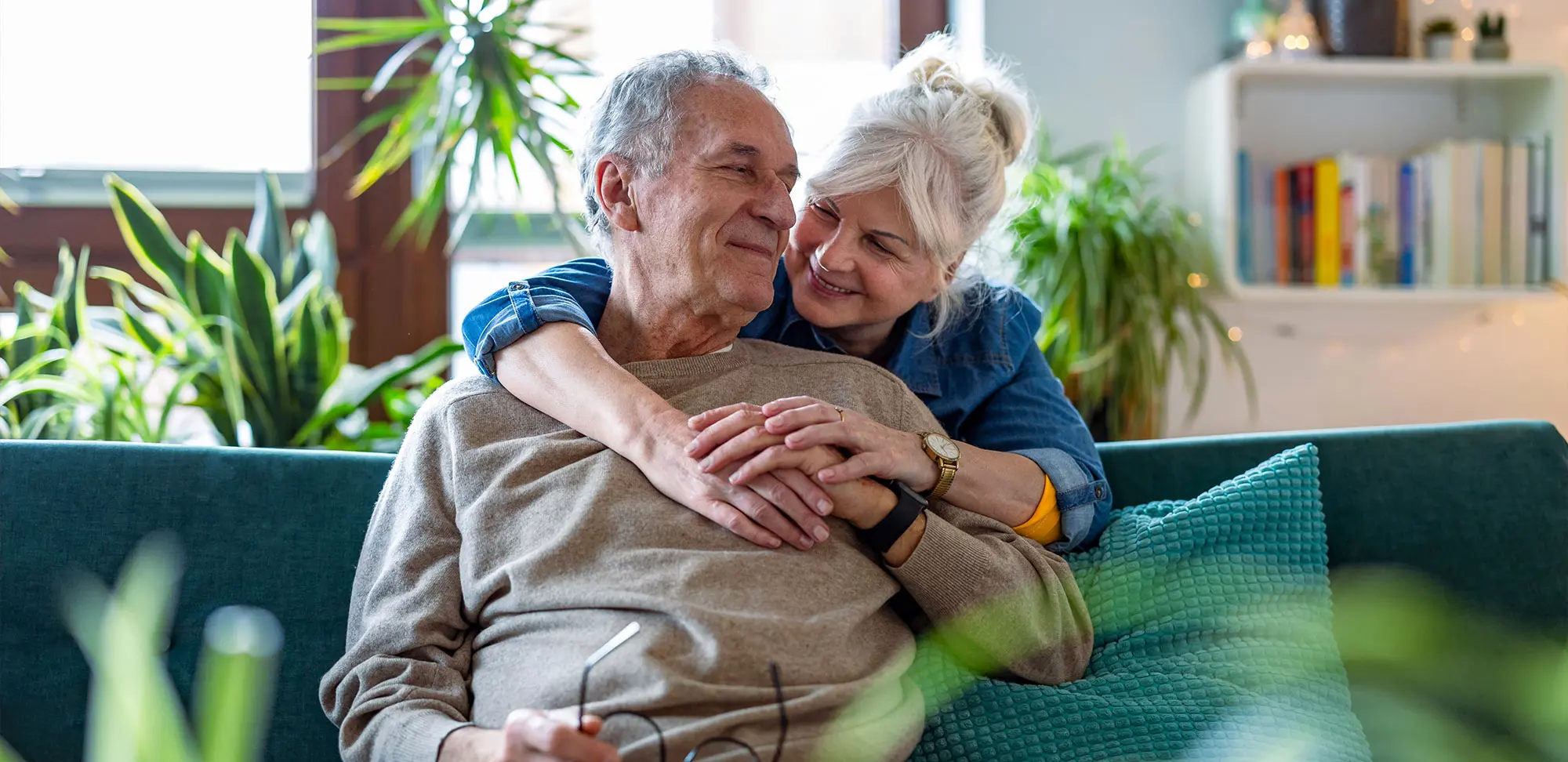Mental health may be complex, but supporting our mental health doesn’t need to be. That’s a key takeaway from the RTOERO Foundation–funded project Mentally Healthy Living after Social Distancing — A Study of Older Canadians.
In August 2022, the University of Alberta’s Living Well research team, led by associate professor of nursing Gail Low, surveyed 1,327 Canadians aged 60 years and older. An additional 1,163 RTOERO members also completed the survey. The goal: Learn from older Canadians about their level of anxiety after the pandemic lockdowns ended and which mentally healthy living strategies worked well for them.
In the summer issue of Renaissance, we shared the finding that older age groups felt less anxious — so our ability to cope with stress seems to improve with age. But age aside, the study uncovered a trio of troubling symptoms that, if present, could spur on other anxiety symptoms. The study also identified their antidotes.
“If we’re not careful, we can weave tangled webs of anxiety that seem to trap us,” says Low. “It’s helpful to know there’s a way out, and by incorporating some basic strategies into our day-to-day lives, we can support our mental health.”
The three troubling symptoms were:
- Feeling restless, keyed up or on edge
- Feeling of having no control over life
- Experiencing muscle tension
“These three symptoms were the most influential symptoms in the anxiety network,” Low notes. “If people were experiencing them, they were more likely to be experiencing other symptoms, and they also had higher anxiety levels.”
The team also analyzed which strategies were most effective for reducing the trio of symptoms, and two stood out: staying active and remembering resilience.
“Staying active appears to reduce the troubling trio — especially the feeling of having no control over life,” Low explains. “And what’s also significant is people who stayed active were more likely to eat healthily, get proper rest and be kinder to themselves.”
”Staying active appears to reduce the troubling trio — especially the feeling of having no control over life.”
Resilience was another effective strategy because it activates and reinforces many other coping behaviours. “Positive self-talk can go a long way — intentionally remembering how you’ve coped and recovered from challenges through life can support other good mental-health strategies,” says Low.
While staying active and remembering resilience stood out for how they worked on the three key symptoms, they were also among the six most effective strategies for mental health identified in the study. The other four were eating healthily, dealing with problems in a structured way, getting proper rest and decreasing other sources of stress in life.
“Our findings reinforce existing evidence,” says Low, “but from the perspective specifically of older adults. A core insight here is we don’t need to get complicated — it’s about consistently doing foundational health behaviours to maintain or bolster our well-being.”
The study’s findings and more information on the top six strategies have been captured in a digital cookbook — side by side with easy-to-make recipes, including the one-pan salmon at right — to mix, match and create a menu for mentally healthy living in the later years. The cookbook is available through the RTOERO Foundation website: rtoero.ca.
Tips on staying active
What exactly does staying active mean? For starters, it’s worth reminding yourself of the many activities you do that count as staying active. For example, yard work is exercise. So is cleaning your kitchen or dancing in the living room. Any movement you do is good for you.
If you’re the kind of person who likes a specific target, ParticipACTION offers advice for adults 65 and older. These are based on the Canadian 24-hour movement guidelines:
- 150 minutes per week of moderate to vigorous aerobic physical activities (your heart rate and body temperature should rise)
- Muscle strengthening twice a week
- Activities that challenge balance
Most adults in Canada aren’t reaching these levels. Any increase in activity is worth celebrating — and increasing your activity level may lead to other mentally healthy (and physically healthy) behaviours.
Read the guidelines at participaction.com/the-science/benefits-and-guidelines/adults-65-plus.

One-pan garlic-baked salmon with potatoes and asparagus
Makes 2 servings
- 2 small to medium potatoes (approximately 10 oz/300g total)
- 1 tbsp (15 mL) olive oil
- 2 tbsp (30 mL) minced garlic, divided
- Salt and pepper to taste
- 2 tbsp (30 mL) unsalted butter
- ¼ cup (60 mL) lemon juice
- 2 6-oz (170g) salmon fillets
- 1 bunch asparagus
- 1 ½ tsp (7 mL) minced parsley
- 1 tsp (5 mL) minced sage
Heat oven to 400°F (200°C).
Wash the potatoes and cut them into quarters, leaving the skin on. Toss the potatoes with olive oil and half of the minced garlic; season with salt and pepper.
Spread the potatoes in a single layer on a sheet pan and roast in the oven for 20 minutes or until they begin to soften and brown.
While the potatoes are baking, melt the butter, then add lemon juice and the remaining minced garlic.
Move the potatoes to one side of the tray and place the salmon skin side down in the centre. Arrange the asparagus in a single layer on the other end of the pan. Brush the lemon-butter mixture over the salmon and asparagus. Season with salt and pepper.
Return the sheet pan to the oven and continue baking until potatoes are golden and fork-tender and the salmon is cooked through, about 15 minutes. (Cooked salmon should reach an internal temperature of 125°F/52°C.)
Garnish with sage and parsley.
Cooking notes:
You can use an air fryer instead of the oven. Substitute carrots, cauliflower, mushrooms or other favourite vegetables for the potatoes and asparagus.








